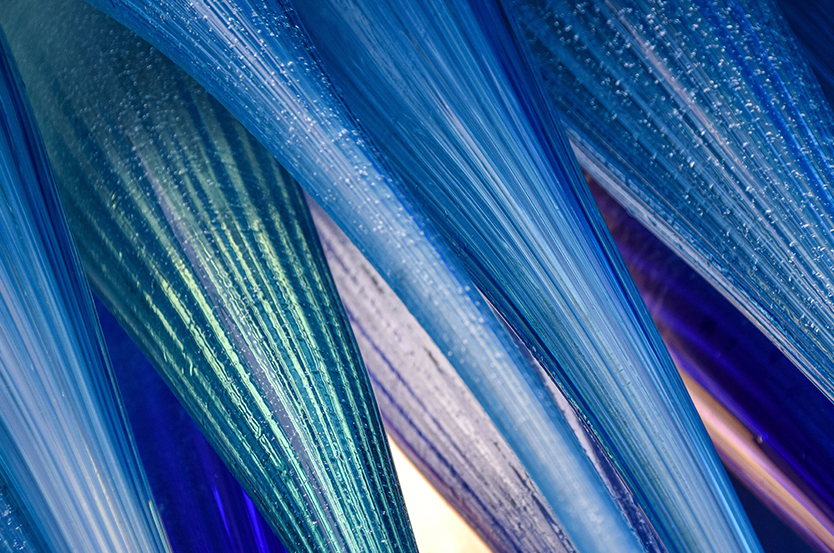
E-cig devices have been developed as a way to reduce the harmful effects found with traditional tobacco products, and are commonly pod-based with single-use plastic cartridges containing nicotine in a solution. These discarded cartridges inevitably drive the heavy consumption of disposable plastics, which leads to the eventual pollution of water and soil. Since environmental contamination poses significant threats to all humankind, large vaping industry companies have shown a great concern for eco-friendly vaping solutions.
ALD, as a leading company within the industry, has developed a range of alternative materials to replace traditional plastic in e-cigarette products, including biologically degradable cases, battery brackets, and packaging. These technological breakthroughs have garnered significant attention from other companies, inspiring ALD to go further in the research and development of sustainable solutions.
Recently, ALD launched an innovative eco-friendly e-cig product, which features two types of biodegradable materials: polylactic acid and polybutylene succinate, also known as PLA and PBS.

PLA is a polyester polymer obtained by polymerization of lactic acid as the main raw material, sourced from renewable plant resources such as corn. Discarded PLA can be completely degraded by microorganisms occurring in nature, generating carbon dioxide and water. In this way, the greenhouse effects seen with the burning of traditional plastics are avoided. Characteristics of polylactic acid are reliable biosafety, biodegradability, and easy processability. However, a major drawback with PLA is the relatively harsh conditions required for rapid degradation, as PLA sees quicker biodegradation in both high-temperature and humid natural environments. Despite this, PLA remains a popular choice for biodegradable plastics due to it being relatively economical.
Key characteristics of PBS are that it is milky white, odorless and tasteless, and it is usually synthesized by the condensation polymerization of succinic acid and butylene glycol. PBS came to be studied by scientists in the material research field in the 1990s and quickly became a primary focus in the segment of general biodegradable plastics for wide use.
It enjoys favorable biocompatibility and bioresorbability, and good heat resistance. Additionally, the raw materials for synthesizing PBS can be easily attained; they can be derived from both petroleum and biomass resources, as well as being obtained by fermentation of biomass resources.
Furthermore, PBS is suited to conventional plastic-processing technology, unlike PLA, and has therefore prompted significant interest in the fields of science, technology, and industry. PBS has become one of the most promising biodegradable plastics among these biodegradable aliphatic polyesters.
Although the cost of selecting those biodegradable materials is relatively high, ALD is dedicated to scientific research and technical improvements aimed at realizing the manufacturing of eco-friendly e-cig products at a reasonable cost. ALD is set to launch their brand new biodegradable vaping product worldwide in mid-2023. This product will be 90 percent recyclable (including the packaging, plastic shell, PCBA, mouthpiece, and battery). With a strong R&D focus, innovation in sustainable solutions for the industry continue apace at ALD.





